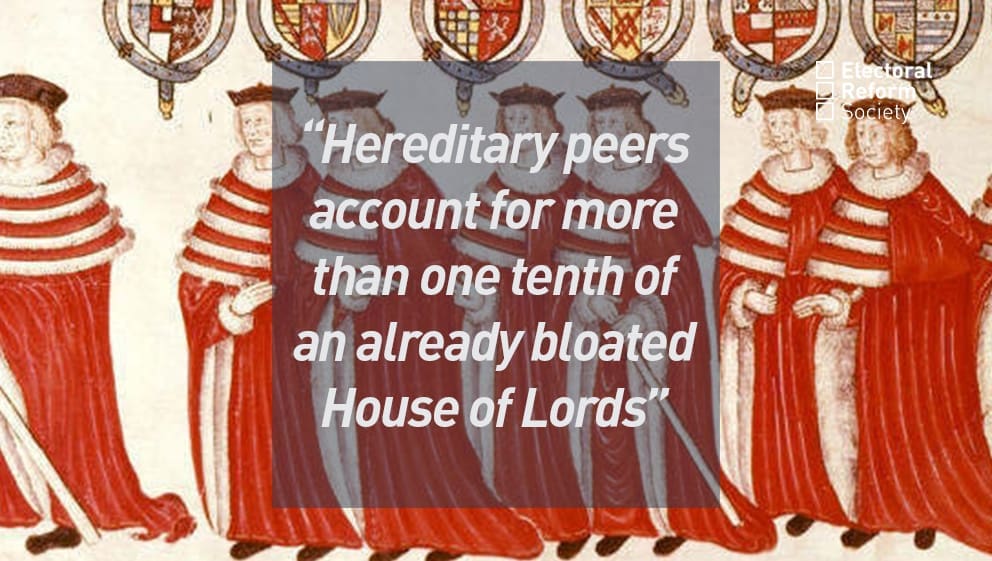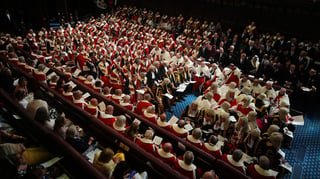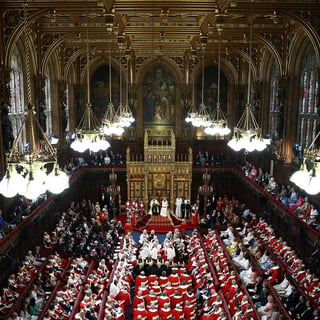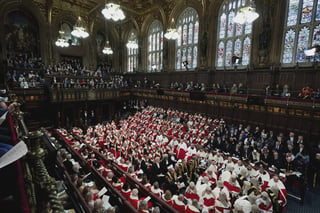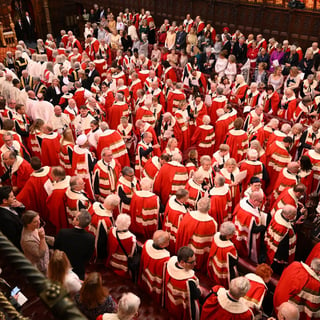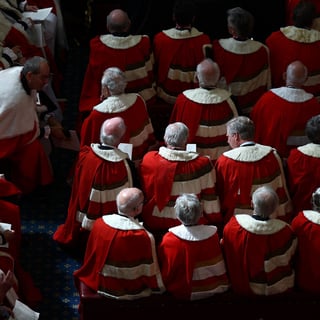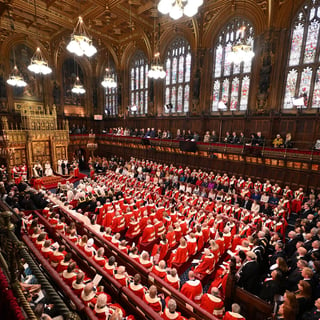The hereditary peers form part of the peerage in the United Kingdom. As of September 2022, there are 807 hereditary peers: 29 dukes (including five royal dukes), 34 marquesses, 190 earls, 111 viscounts, and 443 barons (disregarding subsidiary titles). Not all hereditary titles are titles of the peerage. For instance, baronets and baronetesses may pass on their titles, but they are not peers. Conversely, the holder of a non-hereditary title may belong to the peerage, as with life peers. Peerages may be created by means of letters patent, but the granting of new hereditary peerages has largely dwindled; only seven hereditary peerages have been created since 1965, four of them for members of the British royal family. As a result of the Peerage Act 1963 all peers except those in the peerage of Ireland were entitled to sit in the House of Lords, but since the House of Lords Act 1999 came into force only 92 hereditary peers, elected by and from all hereditary peers, are permitted to do so, unless they are also life peers. Peers are called to the House of Lords with a writ of summons. From Wikipedia
